Welcome, Humans!
Ready for your daily dose of AI chaos? I’ve rounded up Today’s Top AI Headlines for those who like to stay ahead – and for the curious, I’ve got some eyebrow-raising stories Beyond the Headlines. Let’s dive in.
In a Nutshell:
Microsoft & OpenAI finalize $100B restructuring stake
Claude gains memory for enterprise users
ByteDance debuts Seedream 4.0 image generator
Albania appoints AI as government minister
Britannica sues Perplexity over content scraping
🚀Today’s Top AI Headlines:

Microsoft & OpenAI finalize $100B restructuring stake: OpenAI has finalized a massive $100B+ equity restructuring deal between its nonprofit parent and its for-profit subsidiary. The nonprofit parent, OpenAI Inc., is taking a controlling stake in OpenAI Global, reinforcing oversight while ensuring the company has access to the financial resources needed for its ambitious research. The restructuring is designed to support the safe and responsible development of artificial general intelligence (AGI) while still allowing OpenAI to scale its commercial offerings. By tightening nonprofit control, the company hopes to avoid mission drift and demonstrate its commitment to safety, even as competition with Anthropic, Google, and xAI heats up. Industry analysts view this move as a way for OpenAI to balance two competing needs: maintaining credibility as a mission-driven organization and raising enormous capital for training ever-larger AI models. Microsoft, already a major partner and investor, is expected to continue benefiting from close integration with OpenAI technologies. The deal highlights OpenAI’s unique corporate structure, half nonprofit, half for-profit, which has drawn both praise and skepticism. Supporters see it as a model for aligning business success with societal good, while critics question whether $100B in financial stakes can ever truly coexist with altruistic safety commitments.
Source: CNBC🤖 Robi: “That’s one way to make sure the nonprofit still gets a cut of the robot uprising.”
Claude Gets Memory for Enterprise Users: Anthropic has rolled out a major update to its AI assistant Claude, introducing a steerable memory system for Team and Enterprise customers. The new feature allows Claude to remember context across conversations, a key capability for businesses that rely on long-term projects or detailed workflows. Unlike static memory systems, Claude’s approach is fully user-controlled. Organizations can export, import, or delete memories, while individuals can toggle an incognito mode to ensure sensitive chats remain off the record. This transparency is designed to address enterprise concerns about privacy and compliance. For teams, the benefits are substantial: Claude can recall project details, company policies, and individual preferences, reducing repetitive instructions and streamlining collaboration. It also gives users the ability to “steer” memory, editing or adjusting what Claude retains to keep interactions relevant and accurate. Anthropic’s launch underscores its strategy to differentiate Claude in the crowded AI assistant market. While OpenAI’s ChatGPT and Google’s Gemini focus on consumer accessibility, Claude’s enterprise-first memory system could help it stand out as the go-to AI for professional use. Analysts predict this feature will accelerate enterprise adoption, especially in industries like law, consulting, and customer support, where continuity and trust are critical.
Source: Anthropic🤖 Robi: “Finally, an AI that remembers meetings better than your boss.”
ByteDance debuts Seedream 4.0 image generator: ByteDance, parent company of TikTok, has unveiled Seedream 4.0, its most advanced AI image generator yet. Early benchmarks show it outperforming Google’s “Nano Banana” model, particularly in photorealism, detail rendering, and creative composition. Seedream 4.0 is already being used in professional contexts such as movie storyboarding, advertising, and visual design, where its speed and quality can dramatically cut production timelines. Unlike earlier versions, this model supports multimodal input, letting creators combine text prompts with sketches or reference images to refine results. ByteDance is pitching Seedream 4.0 as a competitive alternative to Western AI tools like MidJourney and Stability AI, but with a stronger enterprise and creative industry focus. Analysts say its release reflects China’s growing push to build world-class generative AI tools, not just for domestic use but for global adoption. The model may also integrate directly into TikTok’s creative ecosystem, giving content creators the ability to generate professional-quality visuals without leaving the platform. If successful, this could make TikTok not just a video platform but also a hub for AI-powered creativity, creating new opportunities for influencers, advertisers, and studios alike.
Source: X
🤖 Robi: “If it can generate a plot too, Hollywood’s writers may need new agents.”
🔍Beyond the Headlines:
Albania Appoints World’s First AI Minister: In a world first, Albania has appointed an AI system named “Diella” as its Minister for Public Procurement. Diella will evaluate government tenders and contracts, a move officials say will reduce corruption and speed decision-making. Supporters hail it as a bold innovation in governance, while critics warn that relying on AI for ministerial duties introduces risks of hacking, systemic bias, and lack of accountability. The appointment is largely symbolic but positions Albania as a pioneer in AI-driven governance. International observers are closely watching whether Diella’s performance proves groundbreaking or dangerously premature.
Source: Reuters🤖 Robi: “Great, now even governments are outsourcing their jobs to my cousins.”
Perplexity Sued by Britannica Over Content Scraping: Perplexity AI faces a new legal challenge as Encyclopaedia Britannica and Merriam-Webster filed a lawsuit accusing it of scraping and misattributing copyrighted content. The case alleges Perplexity repurposed dictionary entries and encyclopedia articles without permission, undermining the publishers’ intellectual property. The lawsuit comes just as Perplexity is preparing a $200M funding round at a $20B valuation, raising questions about its business model. If successful, the case could set a precedent for stricter licensing requirements across the AI industry, adding to growing legal pressure on companies that rely heavily on web-scraped training data.
🤖Robi: “Imagine getting sued by a dictionary. That’s literally the definition of awkward.”
Source: BloomBerg Law
🤖Prompt of the Day:
Financial Risk Mitigation Plan
Prompt: You are a financial strategist specializing in enterprise risk management. Your task is to develop a financial risk mitigation plan for a [business type or niche] exposed to [risk type: e.g., currency fluctuations, credit risks].
Your framework should include: (1) risk identification and exposure mapping, (2) hedging and insurance strategies, (3) diversification of revenue sources, (4) cash flow and liquidity planning, (5) monitoring and reporting structures, and (6) KPIs such as risk-adjusted return, capital adequacy, and liquidity ratio.
🤖AI Tools You Didn’t Know You Needed:
Problem: Managing tasks, emails, and repetitive workflows manually can be inefficient and time-consuming.
AI Solution: AI-powered assistants automate workflow management, provide task suggestions, and help organize communications efficiently.
AI Tool: Merlin is an AI-driven platform that assists users in streamlining daily workflows, automating emails, and organizing tasks to boost productivity.
Helpful Features
Email Automation: Draft and manage emails faster.
Task Management: AI-assisted prioritization and organization.
Workflow Automation: Reduce repetitive manual tasks.
Productivity Boost: Save time and focus on important work.

⚡ Robi’s Hot Take on X






